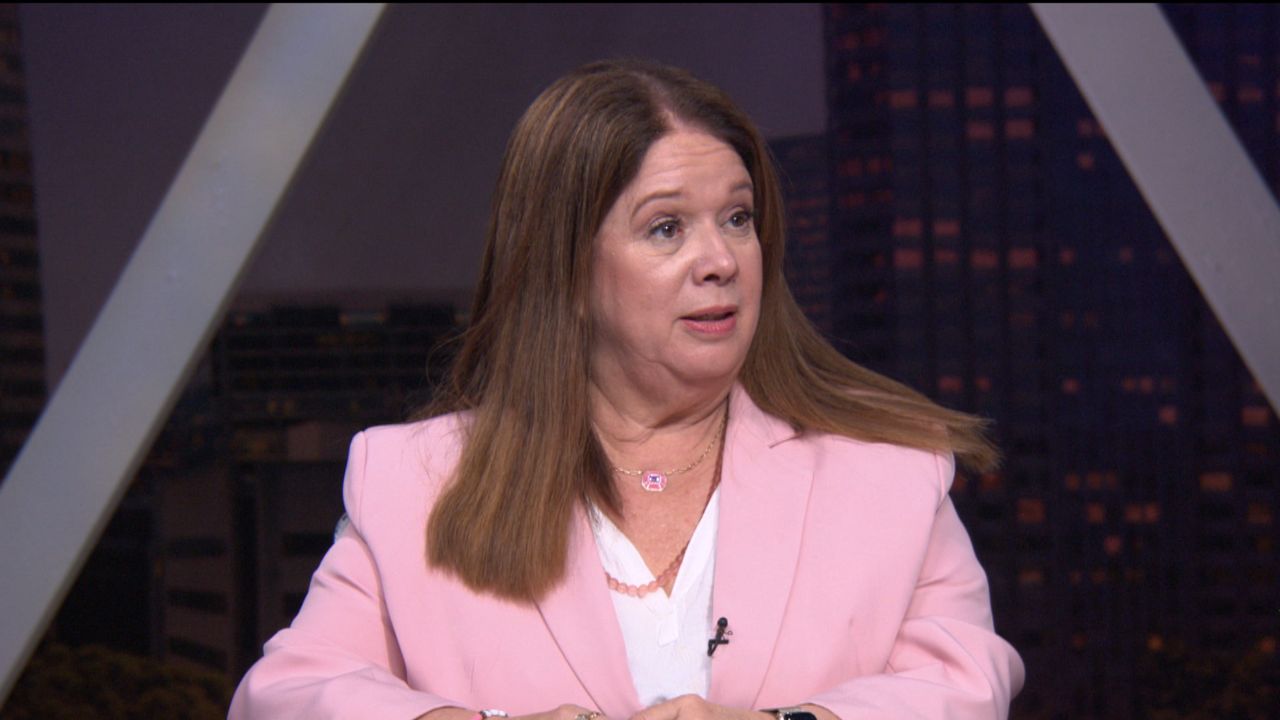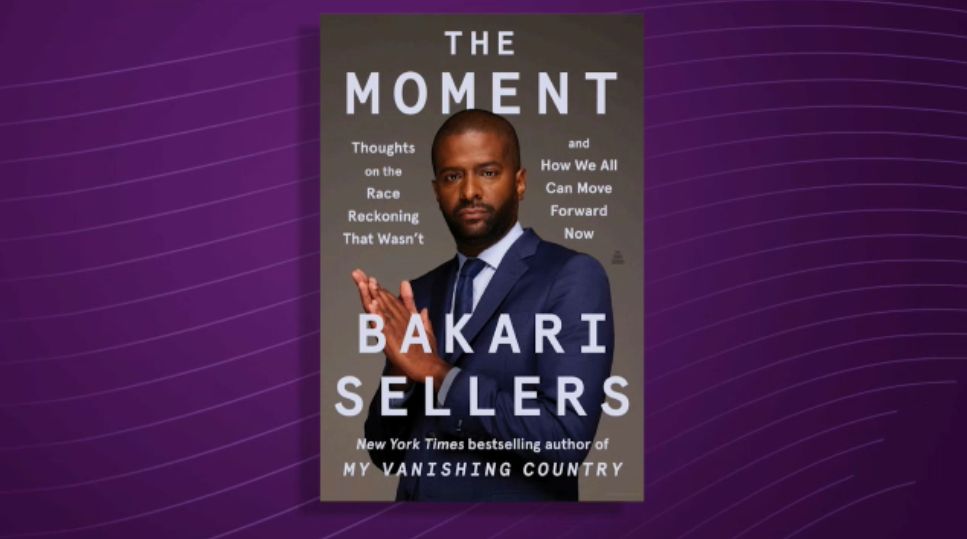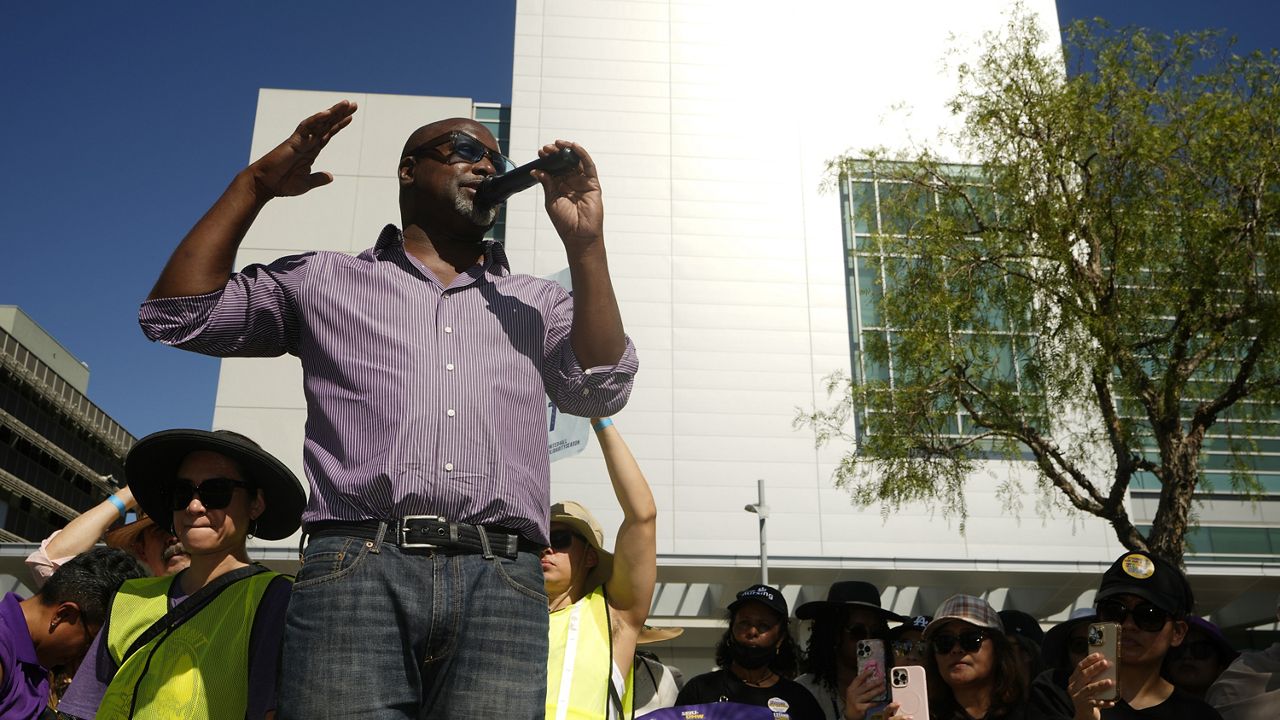LOS ANGELES — It was a big day at Didi Hirsch Jump Street, where Elan Javanfard runs a special COVID-19 vaccine clinic, which he arranged.
What You Need To Know
- Didi Hirsch is holding its own vaccine clinics for staff and clients onsite
- The agency believes it's the only residential treatment center in L.A. County offering in-house vaccinations
- People with schizophrenia and different progressive mental illnesses are dying at a higher rate than the general population
- The vaccine clinics are being offered in its Pico-Robertson and Inglewood locations
"Thirty-four people scheduled. I’m hoping to get it closer to 40," Javanfard said as he stared at a list of names on a computer in his office.
It is a rare opportunity for dozens of staff and residents, who do not have to go far, to make sure they are protected against COVID-19.
"This is the only one I'm aware of that is being done in L.A. County, in-house, on-site for the staff and for the clients of the residential programs," Javanfard said.
The majority who showed up were receiving their second dose of the vital vaccine while others, such as Franklin Olayemi, were getting the shot for the first time. As a staff member in the intake department, Olayemi talks to mental health patients at the hospital before getting them into a residential treatment program.
"I used to go to hospitals to do interviews, different hospitals, but with the pandemic, I can’t do that, so it really slowed down my job," Olayemi said.
He felt incredibly grateful he did not have to rush to grab an appointment at one of the county super sites.
"I have friends who have been on the computer 24 – seven trying to look for appointments. They can’t get [them]," Olayemi said.
"To be able to come in and get your vaccine in 15 minutes in a place that you feel comfortable, to know the staff members who are around you and to feel connected with your teammates while you’re getting that is truly a supportive service to the clients and to the staff members," Javanfard said.
Ronnie Osborne is one of the clients at Jump Street. He said drug addiction led to his homelessness. He came to Didi Hirsch about a month ago, and now lives at Jump Street, where he is receiving mental health treatment. Osborne and other clients have been anxiously awaiting their second dose of the vaccine, so they can move into housing that is more permanent.
"I feel real good. I can start my life over again," Osborne said after receiving his second dose.
"Residential care sometimes is one of the more forgotten parts of mental healthcare as well," Javanfard said.
He said many people who suffer from mental illness are low income or homeless and are already behind when it comes to preventative healthcare, which is why these vaccinations even more critical.
"We’re also noticing that people with schizophrenia and different progressive mental illnesses are dying at a two-and-a-half times higher rate from COVID than the general population," Javanfard said.
The goal is to vaccinate the entire residential program at Didi Hirsch, close to 200 staff and clients. Javanfard got COVID in December and saw the toll it took not only on him but also on his entire family.
"Seeing that impact is something that I definitely do not want to see anybody else go through," Javanfard said.
He hopes making the vaccine more convenient will encourage more people to get it.
Let Inside the Issues know your thoughts and watch Monday through Friday at 8 and 11 p.m. on Spectrum News 1.











